Two SMRT trains were involved in a collision at the Joo Koon MRT station platform around 8am on Wednesday, Nov. 15.
What happened?
A train heading in the direction of Tuas Link station stalled at Joo Koon station at 8.18am.
A minute later, a second train stopped behind the first faulty train.
At 8.20am, which was another minute later, the second train moved forward unexpectedly, and came into contact with the first train.
A total of 25 people -- 23 passengers and two SMRT staff -- sustained light to moderate injuries and were taken conscious to the National University Hospital and Ng Teng Fong General Hospital.
They were believed to have been thrown off balance by the impact.
Here's how to understand the Joo Koon MRT station train boop in context
1. If SMRT was a person with feelings
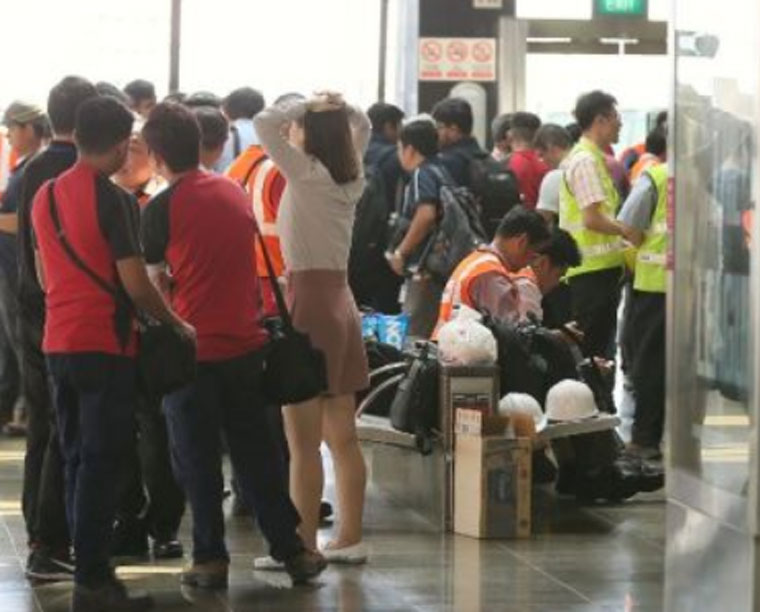
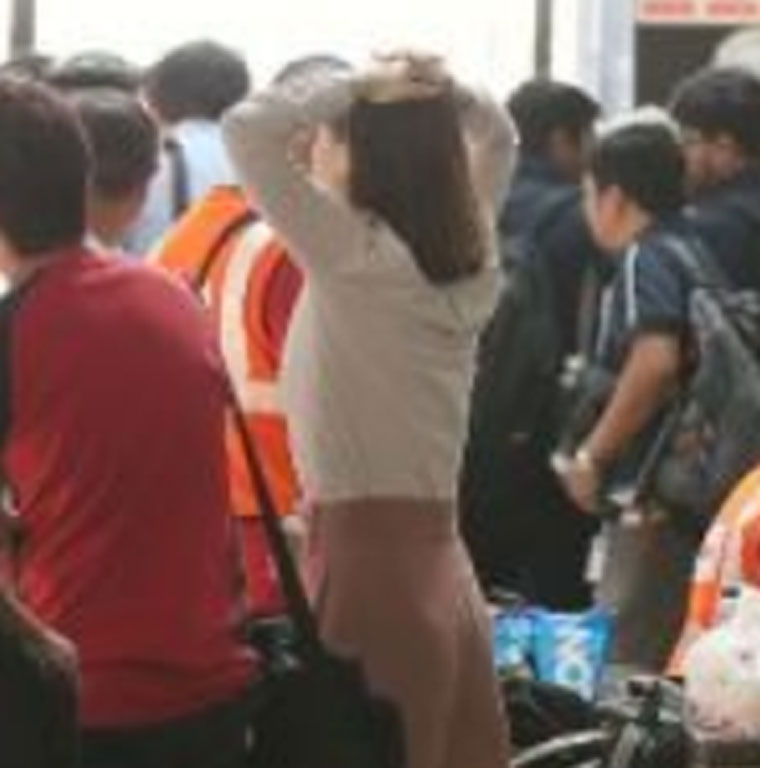
2. This accident comes one day after Public Transport Workers’ Appreciation Day
The universe is either conspiring against SMRT or bad luck is a thing.
Shagged.
3. The trains booping each other could be the result of the new signalling system
 via ST
via ST
After all that bother with putting in place a new signalling system, it doesn't work that well.
The implications of this, if true, are unimaginable. It could mean more time needed to tweak the system and more down time for trains, and more inconveniences for commuters.
[related_story]
4. This accident is serious enough for the SMRT CEO Desmond Kuek to show up personally on site
The optics of this is jarring as the CEO rarely makes public appearances, unless really, really neccessary.
Artist impression of what was happening previously at SMRT:
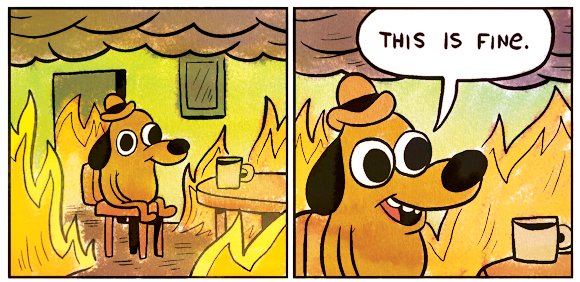
5. SMRT actually suffered two faults in one morning
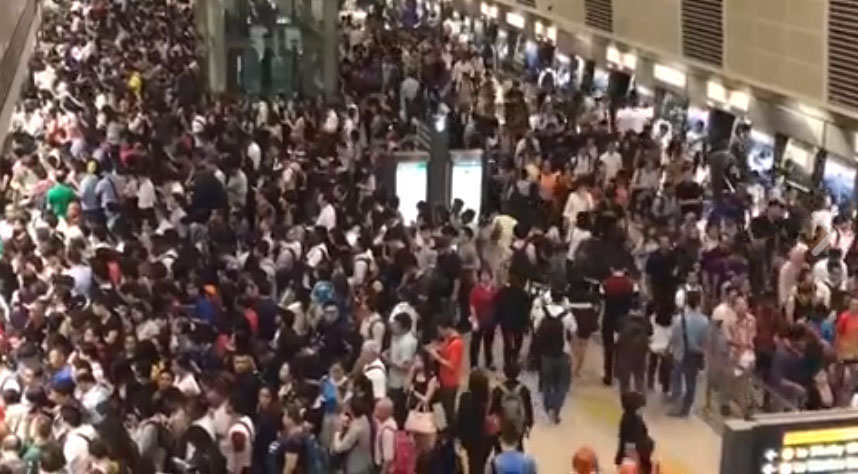 Bishan MRT station as a result of Circle Line train fault.
Bishan MRT station as a result of Circle Line train fault.
6. So, essentially, the Joo Koon MRT train accident is a stationary train collision:
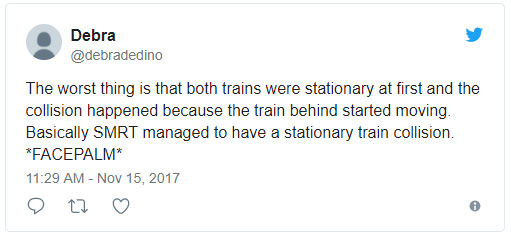
Best explanation yet.
If you like what you read, follow us on Facebook, Instagram, Twitter and Telegram to get the latest updates.
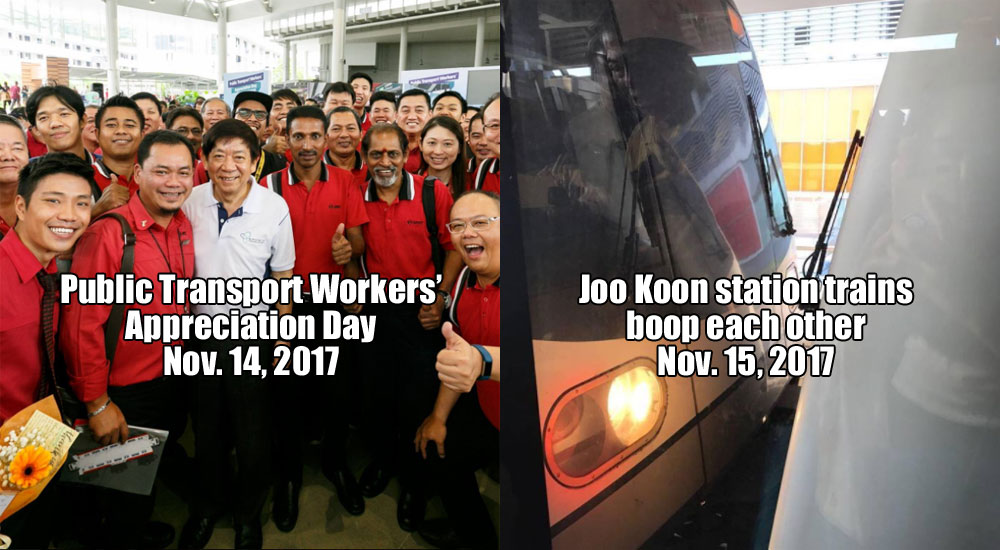
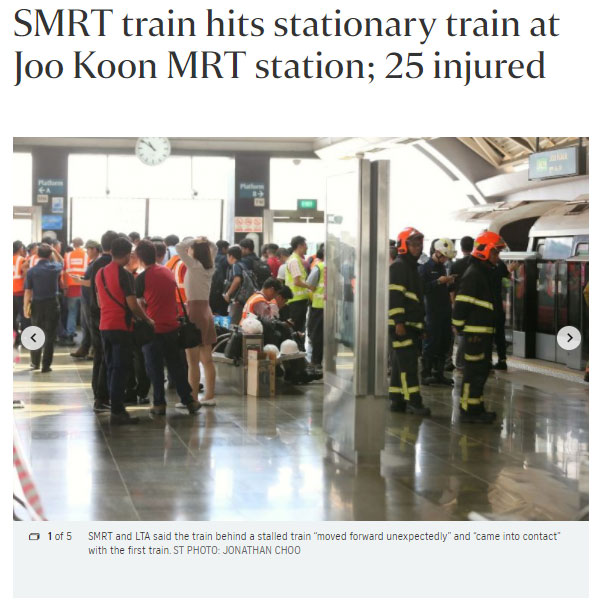 via
via 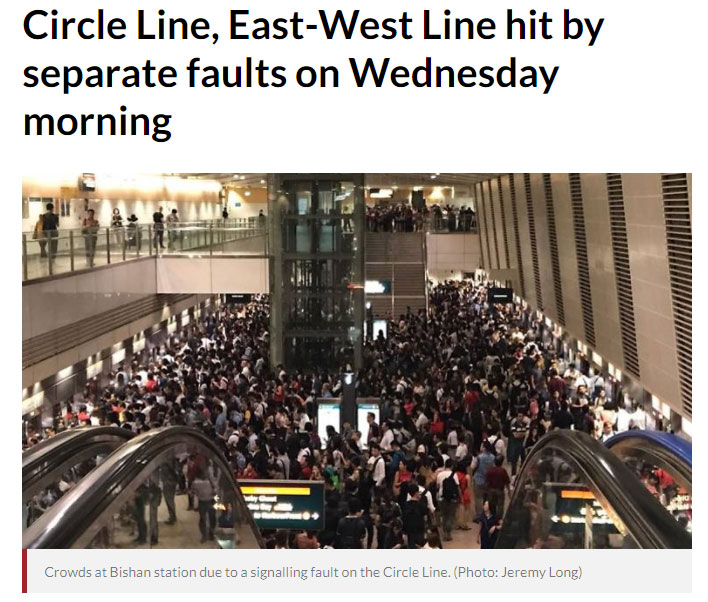 via
via